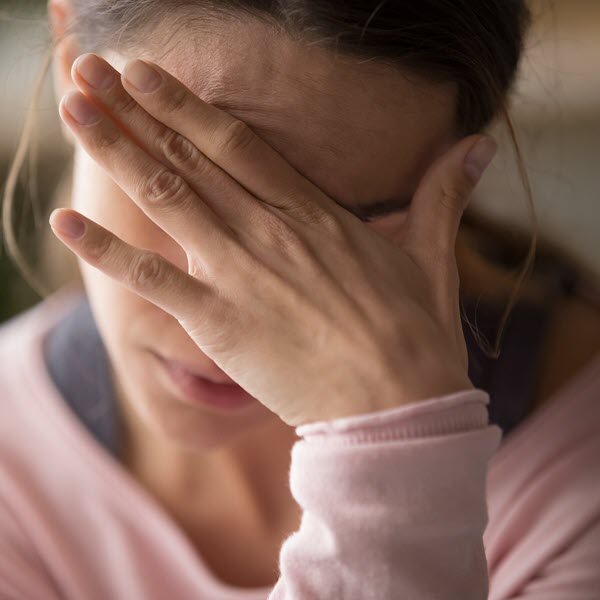Are There Any Risks in Using CBD for Anxiety?
Anxiety is a common condition that affects millions of people worldwide. It can manifest in various forms, from general unease to debilitating panic attacks. With the increasing popularity of alternative remedies, many individuals are turning to CBD (cannabidiol) as a potential solution for managing their anxiety symptoms. However, before embarking on any treatment, it's important to understand the potential risks and side effects associated with CBD.
The Power of CBD
CBD is one of the many chemical compounds found in the cannabis plant. Unlike its psychoactive counterpart, THC (tetrahydrocannabinol), CBD does not produce the same mind-altering effects. Instead, it interacts with the body's endocannabinoid system, which plays a crucial role in regulating various physiological and cognitive processes.
Research suggests that CBD may have anxiolytic properties, meaning it has the potential to reduce anxiety. This is believed to be due to CBD's influence on serotonin receptors in the brain, which are responsible for mood regulation.
The Importance of Understanding Risks
While CBD shows promise as an anxiety remedy, it's vital to recognize that every individual is unique. Factors such as dosage, quality of the product, and personal physiology can influence its effectiveness and potential risks. Furthermore, the lack of regulation and standardized dosing makes it challenging to draw definitive conclusions about CBD's safety.
Potential Risks and Side Effects of CBD
Although CBD is generally considered safe, certain risks and side effects may occur. It's crucial to be aware of these possibilities before incorporating CBD into your anxiety management plan:
- Interactions with Medications: CBD can interact with certain medications, particularly those metabolized by the liver's cytochrome P450 enzyme system. This interaction can lead to an altered breakdown of drugs, potentially affecting their efficacy and safety.
- Sedation and Drowsiness: CBD may cause drowsiness, especially when taken in higher doses. It's important to avoid activities that require attention and focus until you understand how CBD affects you personally.
- Changes in Appetite and Weight: Some individuals may experience changes in appetite or weight fluctuations when using CBD. However, these effects are generally mild and transient.
- Dry Mouth: CBD can inhibit saliva production, resulting in a dry mouth sensation. Staying hydrated can help alleviate this discomfort.
- Gastrointestinal Issues: In some cases, CBD may cause digestive issues such as diarrhea or nausea. These side effects are typically rare and disappear after the body adjusts to the compound.
Ensuring Safety
When considering CBD for anxiety, it is essential to prioritize safety. Here are a few guidelines to help you make informed decisions:
- Consult with a Healthcare Professional: Before incorporating CBD into your routine, speak with a healthcare professional who is knowledgeable about CBD's potential interactions and side effects.
- Seek High-Quality Products: Look for CBD products that undergo third-party testing to ensure purity and potency. Transparency in labeling and information about the product's source can also help you make informed choices.
- Start with Low Dosages: Begin with a low CBD dose and gradually increase it as necessary. This allows you to monitor its effects on your anxiety symptoms and helps you find the optimal dosage for your individual needs.
- Monitor Your Response: Pay attention to how your body reacts to CBD. Keep track of any changes in symptoms or side effects and adjust your dosage accordingly.
The Verdict
When it comes to determining the risks associated with using CBD for anxiety, it's crucial to approach the topic with an open mind and a commitment to personal health and safety. While CBD can offer potential benefits for managing anxiety, its effects vary among individuals. By staying informed, seeking professional advice, and prioritizing your well-being, you can make educated decisions about incorporating CBD into your anxiety management plan.
Remember, finding the right treatment for anxiety is a journey that may involve some trial and error. The most important aspect is to be patient with yourself and seek guidance from trusted healthcare professionals. Together, you can navigate the possibilities and find the best approach to manage anxiety and improve overall well-being.
